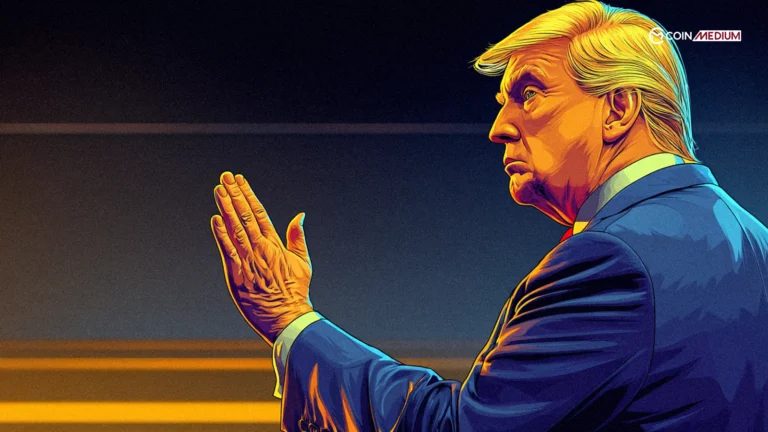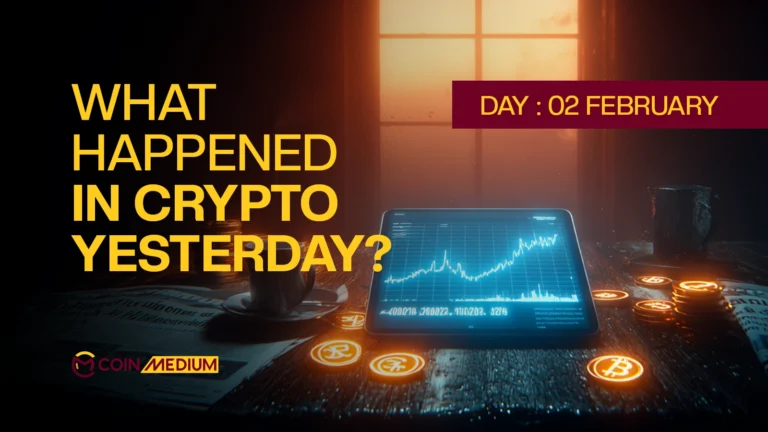Thailand’s Ministry of Finance has announced plans to issue $150 million worth of digital investment tokens, giving regular people the chance to invest in government bonds.
- Blockchain: A secure technology that records transactions, ensuring G-tokens are transparent and trustworthy.
- Government Bond: A loan to the government that pays interest; here, “G-tokens” are digital bonds anyone can buy.
- Tokenisation: Transforming assets (like bonds) into digital tokens on a blockchain, so you can invest with as little as $3.
The Finance Ministry of Thailand has unveiled its vision of a digital world where the government is offering $150 million worth of investment tokens to one and all, thus making it possible for common people to invest in government bonds.
Thailand to unlock investment opportunities through tokenization
The country’s Finance Minister Pichai Chunhavajira made this announcement at a press conference, stating that the government would introduce the “G-tokens” in the next two months as per The Bangkok Post.
Pichai said that the initial release of tokens would be for market testing and that he would guarantee stronger returns for investors than for ordinary bank savings, although he did not specify any figures.
Public Debt Management Office Director Patchara Anuntasilpa motivated the investment by claiming that the new tokens would facilitate more participation of the public in the digital world. “For only $3, anyone can become a government bond investor,” he stated.
The news made it clear that the asset will not be a cryptocurrency. It will be possible to trade it only on licensed digital asset exchanges, though these platforms will not be accessible to foreign residents living in Thailand.
Which countries are applying tokenization, and what are their most notable projects?
Thailand is not alone in considering tokenization; it is a trend that is making its way across the globe with different governments already implementing similar projects to enhance finance, like: Hong Kong – Green Bond Token.







